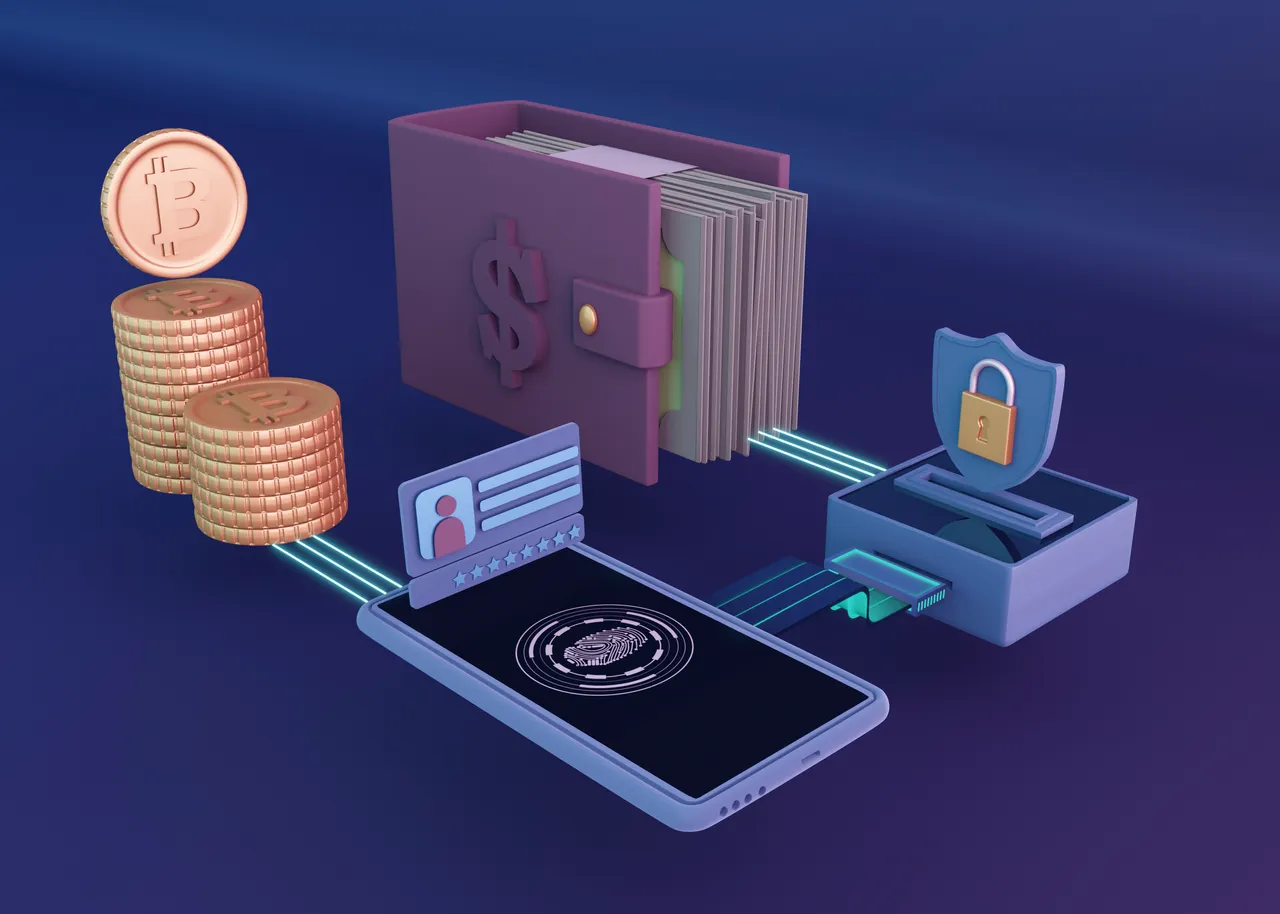In the world of cryptocurrencies, ensuring the safety and security of your digital assets is paramount. Unlike traditional banks, where security measures are well-established and overseen by regulatory bodies. The responsibility of securing your cryptocurrencies largely falls on you.
Cryptocurrencies are often targeted by malicious actors due to their decentralized and irreversible nature. Employing wallet best practices is crucial to safeguard your investments.
Today, I will be discussing a comprehensive guide on how to securely store your cryptocurrencies.
Types of Cryptocurrency Wallets
- Hardware Wallets
Hardware wallets are physical devices designed to store your cryptocurrency offline, making them highly secure from online hacks. Examples include Ledger Nano S, Ledger Nano X, and Trezor. They are considered one of the most secure ways to store cryptocurrencies.
Best Practices:
- Always purchase hardware wallets from reputable sources to ensure they are not tampered with.
- Set up a strong, unique PIN and write down your recovery phrase in a safe place, offline.
- Software Wallets
Software wallets are applications or programs that you install on your computer or mobile device. They are convenient for regular transactions but are more susceptible to hacking compared to hardware wallets.
Best Practices:
- Choose wallets from reputable providers and verify their security features.
- Enable two-factor authentication (2FA) for an extra layer of security.
- Regularly update the software to get the latest security patches.
- Desktop Wallets
Desktop wallets are a type of software wallet that you install on your computer. They provide better security than online wallets but are still vulnerable to hacking if your computer is compromised.
Best Practices:
- Use a dedicated, secure computer for cryptocurrency transactions and keep it updated with the latest security software.
- Ensure your computer is free from malware and viruses.
- Mobile Wallets
Mobile wallets are applications designed for mobile devices, offering convenience for on-the-go transactions. However, they are less secure than hardware or desktop wallets.
Best Practices:
- Use mobile wallets with strong security features and good user reviews.
- Avoid downloading wallets from unofficial sources or third-party app stores.
- Paper Wallets
A paper wallet involves printing your private and public keys on a physical piece of paper. It's a secure way to store cryptocurrencies offline.
Best Practices:
- Print multiple copies and store them in secure, separate locations.
- Keep them safe from physical damage, water, or fire.
General Security Tips
Backup Your Wallet:
- Regularly back up your wallet's private keys or seed phrases and store them securely offline.
Use Strong Passwords:
- Create complex passwords for all your accounts and wallets, and change them periodically.
Educate Yourself:
- Stay informed about the latest security threats and updates in the cryptocurrency space.
Beware of Phishing Attacks:
- Be cautious of phishing attempts through emails, social media, or malicious websites.
Secure Your Internet Connection:
- Use a secure and private network for transactions, especially in public places.
Keep Software Updated:
- Regularly update your wallet software and operating system to ensure you have the latest security features.
Test Transactions:
- Before making significant transactions, send a small amount to confirm the accuracy of the recipient's address.
Separate Funds:
- Consider using multiple wallets for different purposes to minimize risks.
By following these wallet best practices and incorporating general security measures, you can significantly enhance the safety and security of your cryptocurrency investments. Always prioritize security in the rapidly evolving landscape of cryptocurrencies.
Thank you for stopping by, I will be here to answer all your questions. Feel free to add your own contribution in the comment section below.
If you feel good with the information, kindly buy me a coffee.
#leofinance @leo.voter #cryptocurrency #Cryptocurrencies #hive


